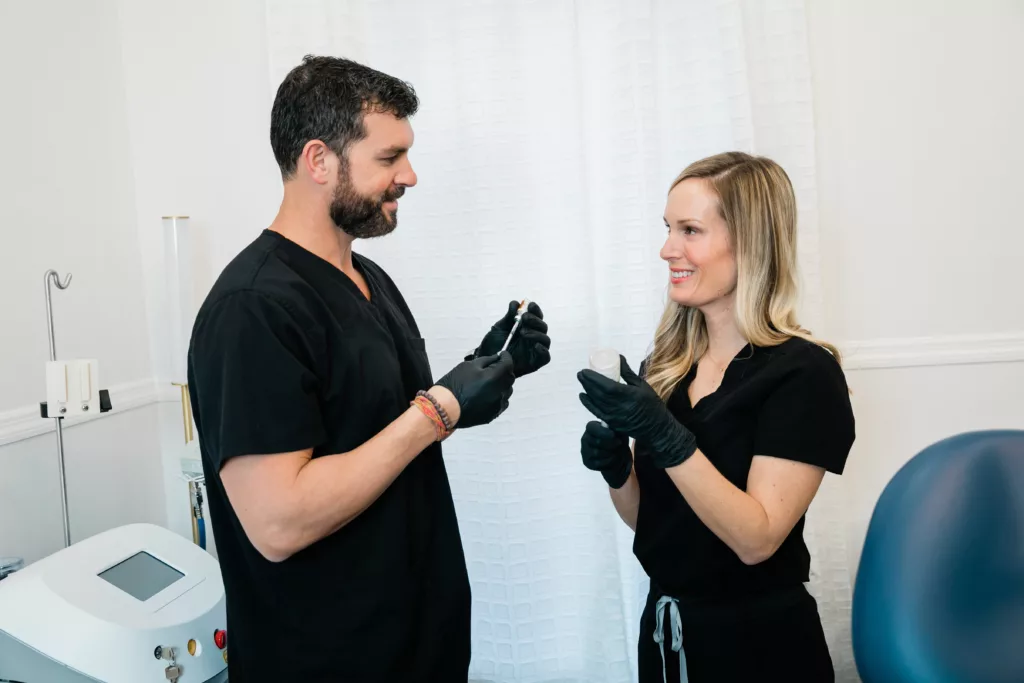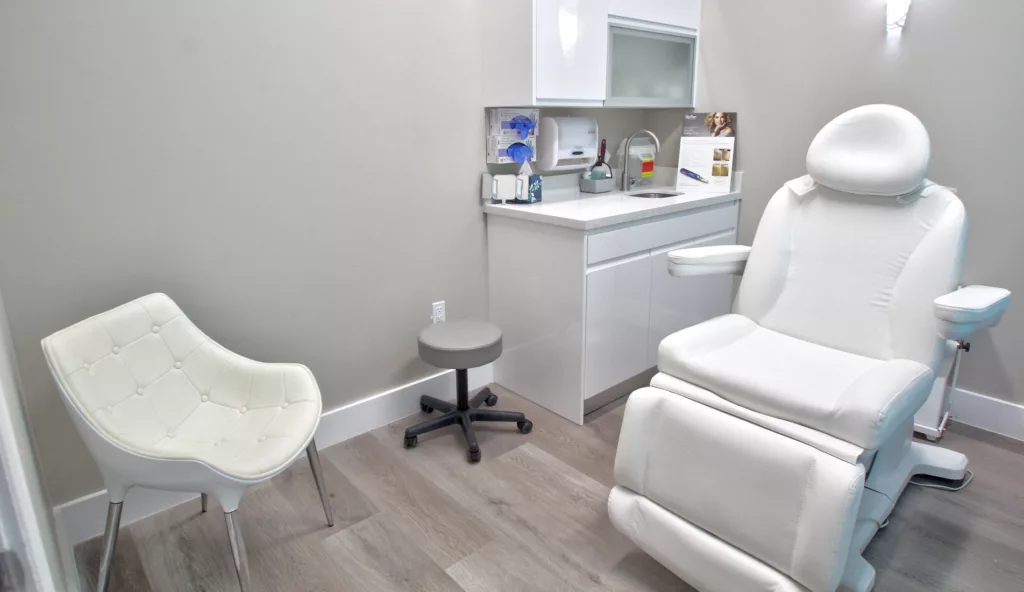When selling a healthcare practice, certain business decisions can significantly impact your valuation and negotiating leverage. Here's what we've learned from hundreds of successful transitions about choices that can make your practice harder to sell.
1. Poor Financial Record Keeping
Healthcare practices require specialized accounting expertise. Without a CPA experienced in medical practices, your financials may lack the clarity buyers need. While using a basic bookkeeper might save money initially, unclear or disorganized financials can raise red flags during due diligence and potentially lower your sale value.
2. Non-Standard Business Models
The further your practice strays from typical operating models, the smaller your potential buyer pool becomes. While innovation can be valuable, highly customized practice models often face more scrutiny from buyers who prefer proven, replicable business approaches.
3. Multi-Specialty Production Dependencies
If you personally handle multiple specialties within your practice, you become harder to replace. This increases transition risk for buyers, potentially affecting your practice value. Consider whether your current production mix could be handled by typical providers in your market.
4. Non-Market Associate Compensation
Overly generous associate contracts can become liabilities during a sale. Above-market compensation agreements may need to be renegotiated, potentially creating transition challenges. Research standard market rates and terms for your area when structuring provider agreements.
5. Unsustainable Marketing Spend
Strong practices typically generate business through referrals, reputation, and location visibility. While advertising can be valuable, excessive spending without clear ROI raises concerns. Buyers prefer practices with diversified patient acquisition channels and documented marketing effectiveness.
6. Operating Below Market Compensation
Your practice should support market-rate provider compensation while maintaining profitability. If you're unable to pay yourself standard market rates while covering expenses, it signals potential operational issues that could impact valuation.
Taking Action
If you recognize any of these situations in your practice, consider these steps:
- Engage a healthcare-focused CPA to review and organize your financials
- Seek a professional valuation to identify specific areas for improvement
- Consult with industry experts about standardizing your operations
- Document your marketing ROI and patient acquisition strategies
- Analyze your compensation structure against market standards
- Consider bringing in a practice management consultant if you're struggling with profitability
The Bottom Line
While these situations don't make a sale impossible, they can limit your options and reduce your negotiating leverage. Taking steps to address these issues before going to market can help maximize your practice value and ensure a smoother transition process.
Want to understand how your practice decisions might impact your future transition? Contact Practice Transitions Group for a confidential consultation.



